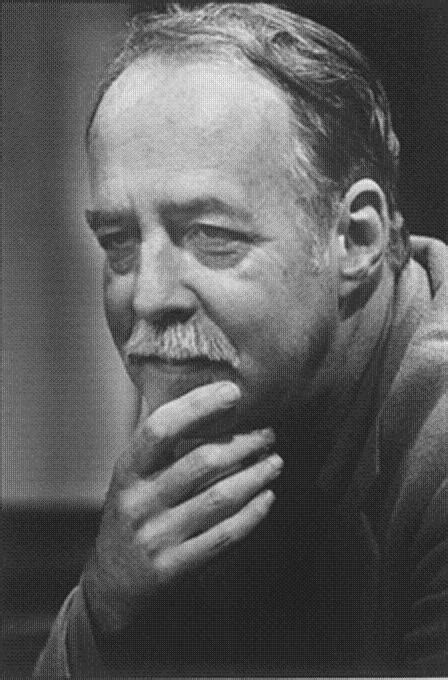A Quote by Charles Grandison Finney
Unless the will is free, man has no freedom; and if he has no freedom he is not a moral agent, that is, he is incapable of moral action and also of moral character.
Related Quotes
It is quite useless to declare that all men are born free if you deny that they are born good . Guarantee a man's goodness and his liberty will take care of itself. To guarantee his freedom on condition that you approve of his moral character is formally to abolish all freedom whatsoever, as every man's liberty is at the mercy of a moral indictment which any fool can trump up against everyone who violates custom, whether as a prophet or as a rascal.
The insistence on truthfulness does not disturb the freedom of the individual. The social obligation implied in Satyagraha turns the freedom of the individual into moral freedom. An atheist is free to say or to do what he likes, provided he does what he says and says what he does. So, in the context of social relations, the freedom of the individual is moral freedom.
There can be no truly moral choice unless that choice is made in freedom; similarly, there can be no really firmly grounded and consistent defense of freedom unless that defense is rooted in moral principle. In concentrating on the ends of choice, the conservative, by neglecting the conditions of choice, loses that very morality of conduct with which he is so concerned. And the libertarian, by concentrating only on the means, or conditions, of choice and ignoring the ends, throws away an essential moral defense of his own position.
The corruption of freedom is in proportion to the moral deterioration of the people. For a people who have lost their sense of self-respect have no need for freedom. And the income tax, by transferring the property of earners to the State, has disintegrated the moral fiber of Americans to such a degree that they do not even recognize the fact.
Free inquiry entails recognition of civil liberties as integral to its pursuit, that is, a free press, freedom of communication, the right to organize opposition parties and to join voluntary associations, and freedom to cultivate and publish the fruits of scientific, philosophical, artistic, literary, moral and religious freedom.
Political realism is aware of the moral significance of political action. It is also aware of the ineluctable tension between the moral command and the requirements of successful political action. And it is unwilling to gloss over and obliterate that tension and thus to obfuscate both the moral and the political issue by making it appear as though the stark facts of politics were morally more satisfying than they actually are, and the moral law less exacting than it actually is.

































